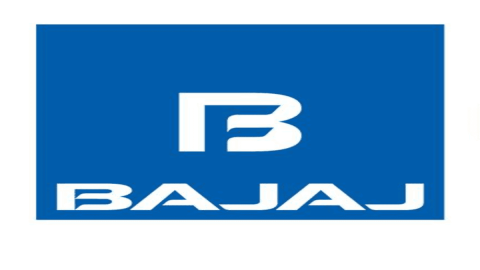Bajaj Finance Share Price Target Suggested at Rs 8,500 by ICICI Securities
ICICI Securities has maintained its BUY recommendation on Bajaj Finance (BAF) with a target price of Rs 8,500, representing a 29% upside from the current market price of Rs 6,576. The revised strategy follows Bajaj Finance's termination of its co-branded credit card alliance with RBL Bank, a move aligned with regulatory changes and the company’s strategic objectives. Despite initial concerns, ICICI Securities highlights minimal earnings impact due to diversified fee income streams and annuity fee continuity.
Impact of Regulatory Changes
Termination of Co-Branded Credit Card Alliance
Bajaj Finance has ended its eight-year partnership with RBL Bank in the co-branded credit card space. Regulatory changes restricting the role of co-branding partners to marketing and distribution prompted this decision. The revised guidelines prevent access to cardholder information and limit post-issuance involvement to grievance redressal.
Strategic Implications
The discontinuation reflects Bajaj Finance's decision to reduce its reliance on credit card fee income. While RBL’s co-branded credit cards contributed approximately 1% of Bajaj Finance’s profit before tax (PBT), the overall earnings impact is expected to be negligible.
Fee Income Diversification
Entry and Evolution in Credit Card Business
Bajaj Finance entered the co-branded credit card segment in 2016, leveraging its 16 million-strong customer base. The alliance with RBL provided upfront sourcing fees and annuity fees, boosting fee income to 1% of average assets under management (AUM) by FY20.
Expanding Partnerships and Fee Income Streams
The strategic pivot included onboarding DBS Bank as a co-branding partner in 2022. Despite a decline in new customer acquisitions under the RBL partnership (from 100,000 monthly cards to 30,000–40,000), overall fees and commissions have remained steady at ~2.8% of AUM over the past five quarters.
Financial Performance and Projections
Strong Earnings Growth
Bajaj Finance reported PAT of Rs 137,439 million in FY24, a 33.4% YoY increase, and expects further growth to Rs 188,649 million by FY26, reflecting a 23.3% CAGR.
Key Financial Metrics
Net Interest Income (NII) is projected to grow from Rs 269,393 million in FY24 to Rs 405,730 million in FY26.
EPS is expected to increase from Rs 222.4 in FY24 to Rs 305.3 in FY26, representing a robust growth trajectory.
Return on Assets (RoA) and Return on Equity (RoE) are projected to stabilize at 5.2% and 20.3%, respectively, by FY26.
Valuation and Target Price
SoTP-Based Valuation
ICICI Securities values Bajaj Finance's standalone business at 4.7x FY26E BVPS, contributing Rs 7,050 per share. Bajaj Housing, a subsidiary, is valued at Rs 1,450 per share, resulting in a combined target price of Rs 8,500.
Key Risks
The primary risks to this valuation include:
Higher-than-anticipated credit costs.
AUM growth falling below guidance.
Strategic Outlook
Pivot Toward Broader Financial Services
The termination of the RBL partnership aligns with Bajaj Finance's broader strategy of scaling other financial services, including mutual funds and insurance distribution. This diversification aims to sustain fee income at 2.7–3% of AUM, irrespective of credit card dynamics.
Future Directions
Bajaj Finance continues to focus on integrating its DBS partnership, while exploring innovative revenue streams. Annuity fees from RBL cards will persist for the next 2–3 years, cushioning the transition impact.
Investor Insights
Resilience Amid Transition
Bajaj Finance’s ability to maintain robust financial performance, despite regulatory hurdles, underscores its adaptability and strategic foresight. Investors are encouraged to consider the company's diversified revenue model, strong growth metrics, and sustainable valuation framework.
Actionable Recommendation
With ICICI Securities’ BUY rating and a 29% upside potential, Bajaj Finance remains a compelling investment opportunity. However, investors should monitor developments in credit cost trends and AUM growth rates.
